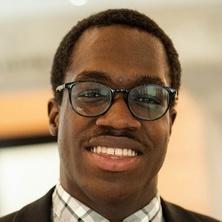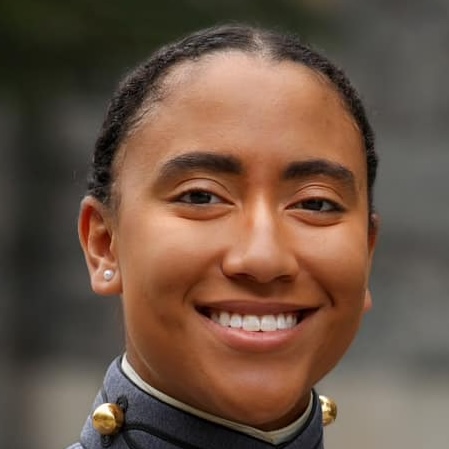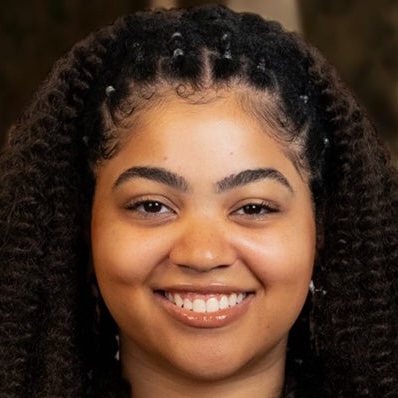 Recently, the Rhodes Trust announced the 32 American winners of Rhodes Scholarships for graduate study at Oxford University in England. Rhodes Scholarships provide all expenses for two or three years of study at the University of Oxford in England and may allow funding in some instances for four years. Being named a Rhodes Scholar is considered among the highest honors that can be won by a U.S. college student.
Recently, the Rhodes Trust announced the 32 American winners of Rhodes Scholarships for graduate study at Oxford University in England. Rhodes Scholarships provide all expenses for two or three years of study at the University of Oxford in England and may allow funding in some instances for four years. Being named a Rhodes Scholar is considered among the highest honors that can be won by a U.S. college student.
The scholarships were created in 1902 by the will of Cecil Rhodes, an industrialist who made a vast fortune in colonial Africa. According to the will of Rhodes, applicants must have “high academic achievement, integrity of character, a spirit of unselfishness, respect for others, potential for leadership, and physical vigor.” Applicants in the United States may apply either through the state where they are a legal resident or where they have attended college for at least two years.
In 1907, Alain LeRoy Locke, later a major philosopher and literary figure of the Harlem Renaissance, was selected as a Rhodes Scholar to study at Oxford University. It is generally believed that at the time of the award, the Rhodes committee did not know that Locke was Black until after he had been chosen. It would be more than 50 years later, in 1963, that another African American would be named a Rhodes Scholar. Other African Americans who have won Rhodes Scholarships include Randall Kennedy of Harvard Law School, Kurt Schmoke, former mayor of Baltimore, and Franklin D. Raines, former director of the Office of Management and Budget and former CEO of Fannie Mae. In 1978 Karen Stevenson of the University of North Carolina at Chapel Hill was the first African-American woman selected as a Rhodes Scholar.
This year nearly 3,000 students began the application process and 865 students were endorsed by 243 different colleges and universities. Committees of Selection in each of 16 U.S. districts interviewed the strongest applicants. All districts interviewed at least 14 finalists.
Including this year’s cohort, 3,674 Americans have won Rhodes Scholarships, representing 329 colleges and universities.
The 32 Rhodes Scholars chosen from the United States will join an international group of Scholars chosen from 25 other jurisdictions (more than 70 countries) around the world, and two Global Scholars from any country in the world without its own scholarship. Over one hundred Rhodes Scholars will be selected worldwide this year, including several who have attended American colleges and universities but who are not U.S. citizens and who have applied through their home country.
Typically, the Rhodes Trust does not reveal the race or ethnicity of scholarship winners. Of this year’s 32 Rhodes Scholars from the United States, it appears that four are Black. A year ago, six of the 32 Rhodes Scholars were African Americans. In both 2017 and 2020, there were 10 African American Rhodes Scholars, the most in any one year.
Here are brief biographies of the four new Black Rhodes Scholars.





